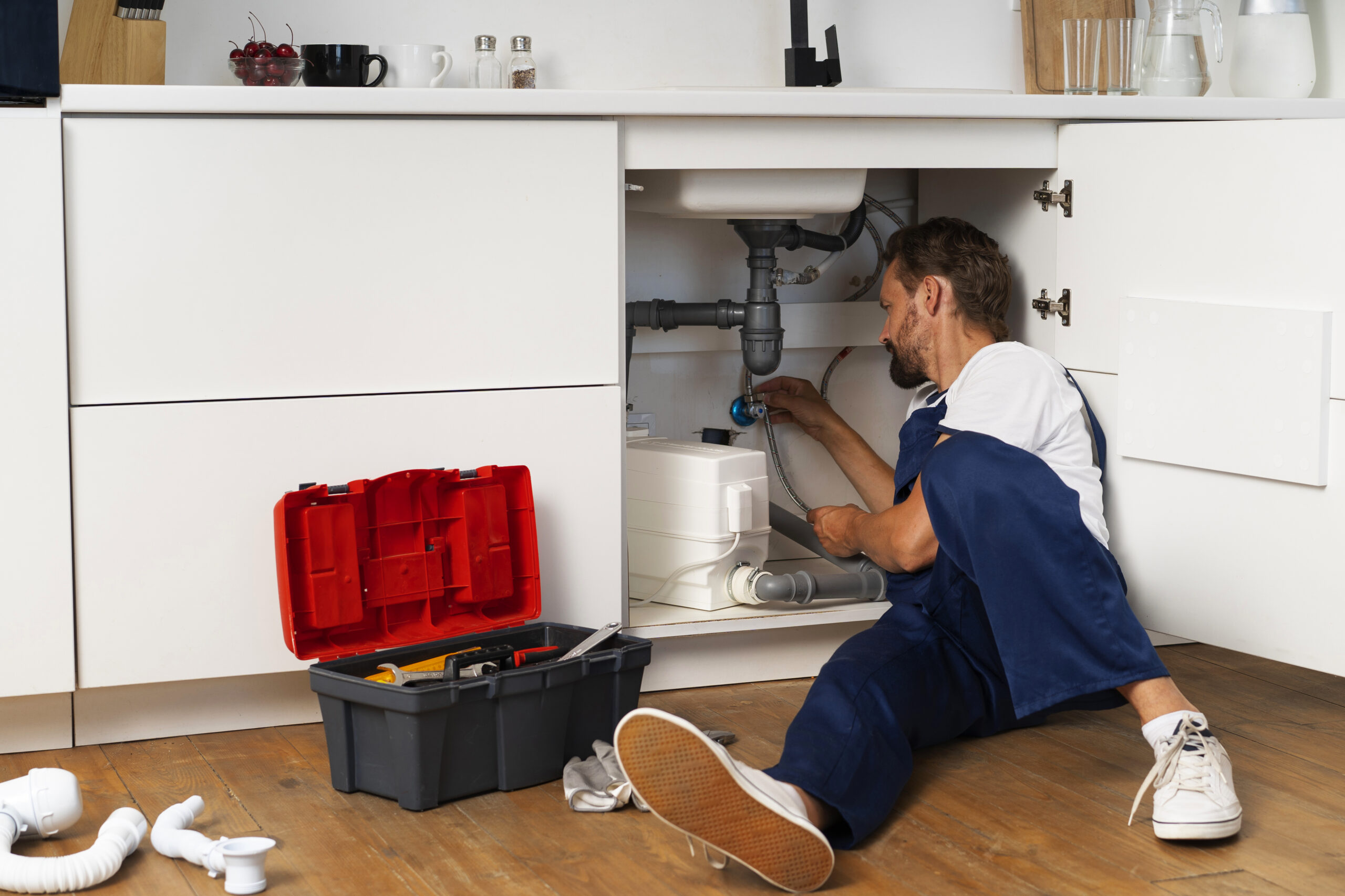Determining whether your water heater needs to be replaced involves looking for several key signs and considering the unit’s age and condition. Here are some indicators that it might be time for a replacement:
Age of the Water Heater
Typical Lifespan: Conventional tank water heaters generally last between 10 to 15 years, while tankless models can last up to 20 years. If your water heater is approaching or surpassing these ages, it may be time to consider a replacement.
Inconsistent Water Temperature
Fluctuating Temperature: If you experience inconsistent or fluctuating water temperatures, it could indicate that the heating elements or thermostat are failing. While some temperature issues can be fixed, persistent problems might suggest it’s time for a new unit.
Insufficient Hot Water
Lack of Hot Water: If you frequently run out of hot water or experience a significant drop in available hot water, the unit may not be able to keep up with your household’s needs, or it may be failing.
Strange Noises
Unusual Sounds: Rumbling, popping, or cracking noises from the tank could indicate sediment buildup or internal corrosion. While sediment can sometimes be flushed out, persistent noises might be a sign that the tank is nearing the end of its lifespan.
Leaks
Visible Leaks: Leaking around the base of the water heater or visible rust and corrosion can indicate that the tank is failing. If the tank is leaking, it is usually a sign that it needs to be replaced.
Rusty Water
Discolored Water: If your hot water appears rusty or discolored, it could mean that the inside of the tank is corroding. This is a serious issue that often necessitates replacement.
Increased Energy Bills
Higher Costs: An old or inefficient water heater can cause an increase in energy bills due to decreased efficiency. If you notice a significant rise in your energy costs, it might be due to an outdated water heater.
Frequent Repairs
Ongoing Issues: If you find yourself frequently repairing your water heater, it may be more cost-effective in the long run to replace it with a newer, more reliable model.
Pilot Light Issues (Gas Models)
Pilot Light Problems: For gas water heaters, if the pilot light frequently goes out or if you notice a yellow flame, it could indicate a problem with the burner or thermocouple. Persistent issues might suggest it’s time for a new unit.
Water Heater Performance
Poor Performance: If your water heater fails to provide sufficient hot water or struggles to maintain temperature despite regular maintenance, it might be time to consider replacing it.
Increased Maintenance Costs
Expensive Repairs: If the cost of maintaining or repairing the water heater is high compared to the cost of a new unit, replacement might be the more economical option.
Efficiency Upgrades
New Technologies: Newer water heaters are more energy-efficient and have advanced features that can save you money in the long run. Upgrading to a more efficient model can reduce your energy consumption and costs.
Summary
If you observe any of these signs, it’s a good idea to consult with a professional plumber or HVAC technician to assess the condition of your water heater. They can provide a thorough evaluation and recommend whether repair or replacement is the best course of action.


